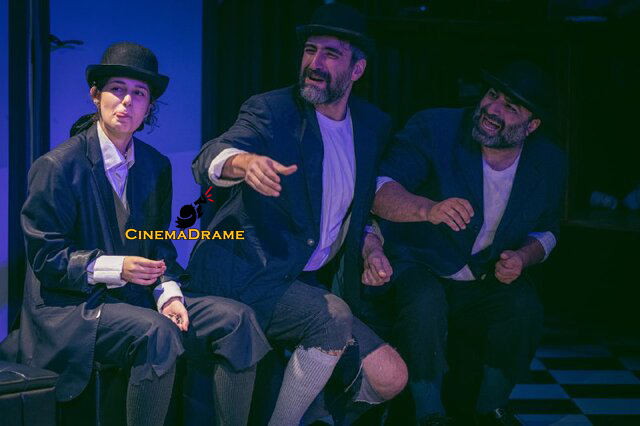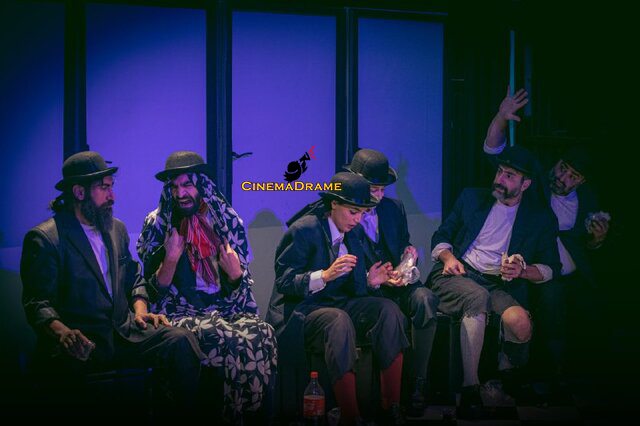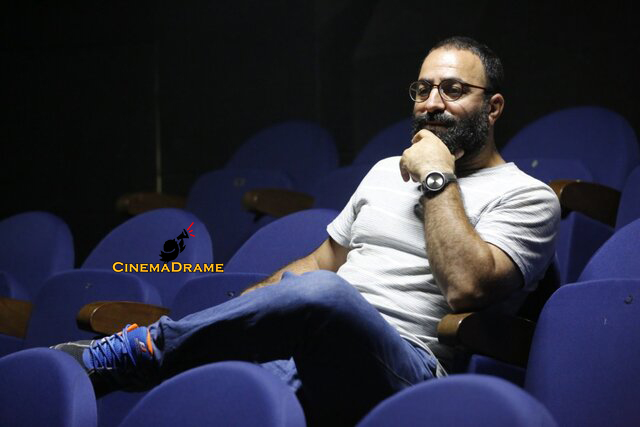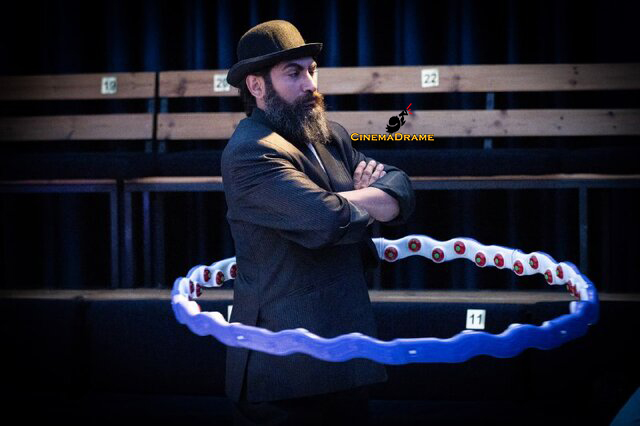Reza Bahrami: We Are Contradictory / We Condemn Bloggers But…

According to CinamaDrame News Agency, Reza Bahrami, who is currently staging the play “Everything Passes, You Don’t,” said: “In words, all of us as theater activists condemn the presence of bloggers and Instagram personalities in theatrical works, but in practice, many of us are looking for those who have a high number of followers on social media. This contradiction causes us harm.”
The theater director, who is currently staging his play at Homa Hall, explained his play and spoke about the impact of some incorrect policies on theater.
Expressing regret over the current conditions for producing and staging a play, he added: “Money can always be found, but reputation is not something that is always available. Someone who stands tall for their art prioritizes their reputation, but the incorrect policies of officials have led some theater groups to prefer money over reputation, because even in state-owned halls, the box office is considered the main priority. Although they also have concerns about the livelihood of their employees, what is the government’s duty in this regard?”
Expressing regret over the economic conditions of society, he added: “One or two decades ago, perhaps those who bent over garbage cans looking for food were few, but these images have gradually become so common that they have become normal for all of us. The undesirable consequences of this situation are not seen today, but they will definitely show themselves in one or two decades.”
Bahrami attributed murders, thefts, and other existing crimes in society to cultural poverty, adding: “When culture disappears, what do we expect other than an increase in social crimes? We have destroyed the principles of culture, while our country’s cultural history is very long-standing, but with thoughtlessness, we have entangled our society in a thousand problems.”
He expressed regret: “An artist who should be concerned with thought is now concerned with their pocket, box office, and rent. Instagram, as the main platform where a theater group can advertise its work, is still filtered, and since we cannot have other advertising possibilities like city billboards or television commercials, we are forced to advertise our work on social media.”
Bahrami criticized the government’s lack of support for the production of theatrical works, adding: “On the other hand, the government also does not provide a budget to theater groups, and basically, what does it do for the production of artistic work other than strictness? Currently, a clothing store can advertise its goods on Instagram more easily than us, but a theater group has to go through seven stages of Rustom for every detail of its play and obtain separate permits, which are time-consuming and waste a lot of time and energy from a group.”

Audience Taste and Theatrical Challenges
Bahrami also expressed regret over the difference in the taste of theater audiences in recent years, recalling: “The incorrect policies of managers who have entered theater in the last two decades have destroyed the roots of the correctness and health of this art. Today’s audience, more than seeking thought, is looking for fun, entertainment, and laughter, but our work does not offer them such a thing.”
He continued by explaining his play: “Everything Passes, You Don’t” is a monologue that seemingly narrates the fluid mind of a blind person. Previously, I prepared this play during the COVID-19 era with students from a workshop, but the inexperience of the children on one hand, and the conditions of the COVID-19 period on the other, prevented my desired performance from being staged, and it was always in my mind to perform this play again.
The director explained the difference in the performance of this play, which is staged with several actors, compared to the original text, which is a single-character work: “All people in society can be this blind person. The dispersion of his mind can happen to any of us. We have 6 actors on stage, and in the stage design, we have 5 doors, which I have considered as a symbol of the five continents, because modern humans everywhere in the world are grappling with the problem of loneliness.”
He provided explanations about the theme of this theatrical work, adding: “This play challenges modern humans well. As humans, we don’t know whether to remember our history fondly or not, because part of our history is something we cannot be proud of. For this reason, even humanity in this very history compares itself a lot with yesterday and before. Our mental engagement has made us very lonely. For many years, humans worldwide have faced this loneliness. It’s as if we are all looking for someone to focus our scattered minds at one point.”

Future Plans and The Love for Theater
Bahrami also announced the preparation of another play, adding: “These days, I am also busy preparing the play ‘The Caucasian Chalk Circle.’ Anyway, despite all the difficulties, we have no work other than theater, and I hope the officials understand that this art, besides love, is a life and an ideology that we need, and they should not think that theater is our second or third job, and that we are looking to gain followers or put on a show. We live by theater. Of course, we always say we hope, but how much hope reaches us, only God knows.”
The play “Everything Passes, You Don’t,” written by Mohammad Charmshir, with performances by (in alphabetical order) Hassan Tadayyoni, Hossein Jahed, Reza Jahangiri, Sama Shaghaghi, Farshad Mahdizadeh, and Faezeh Nasrollahpour, is staged every night at 6:30 PM for one hour in the Glass Hall of “Homa” Mansion. / ISNA









